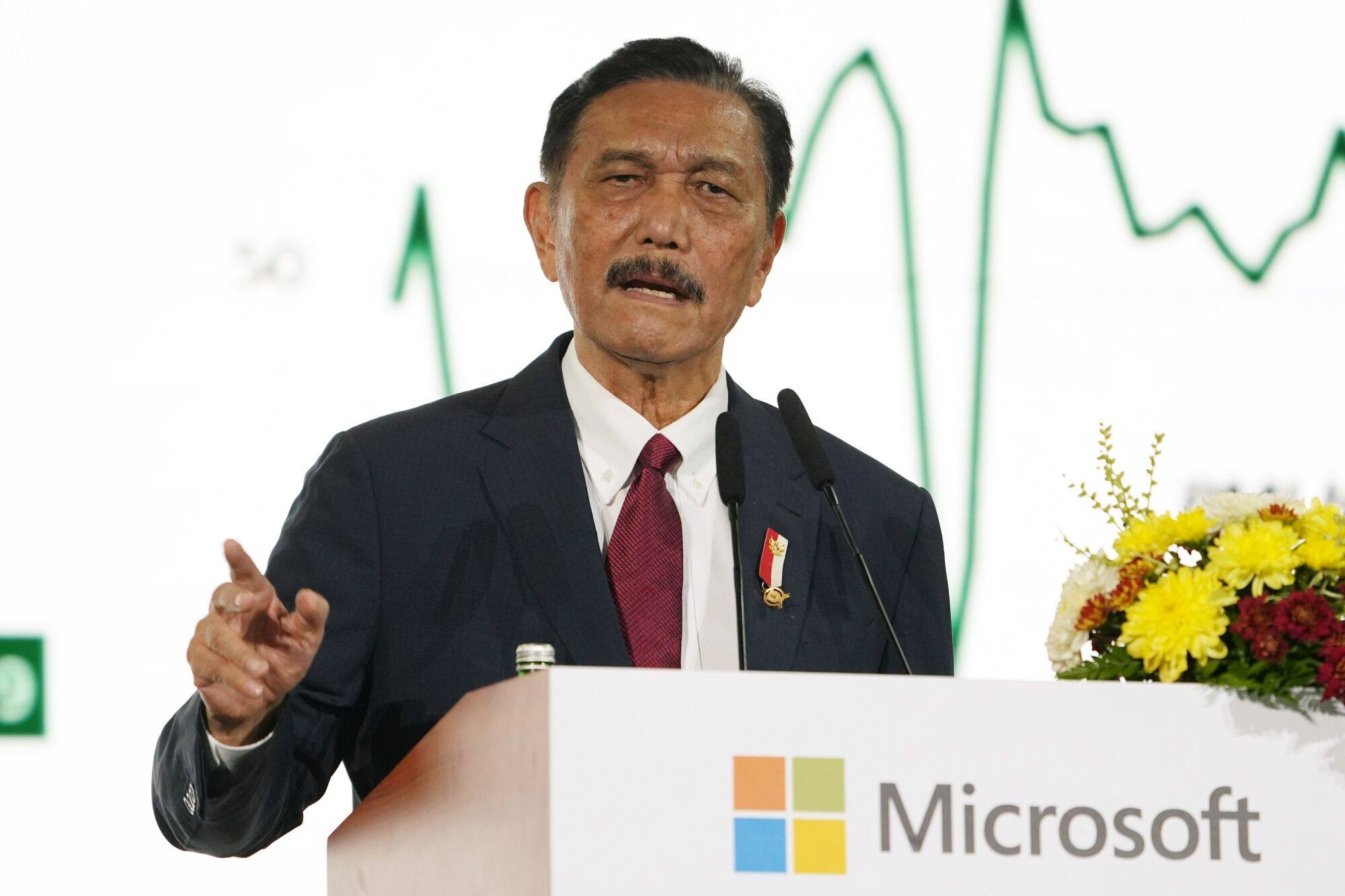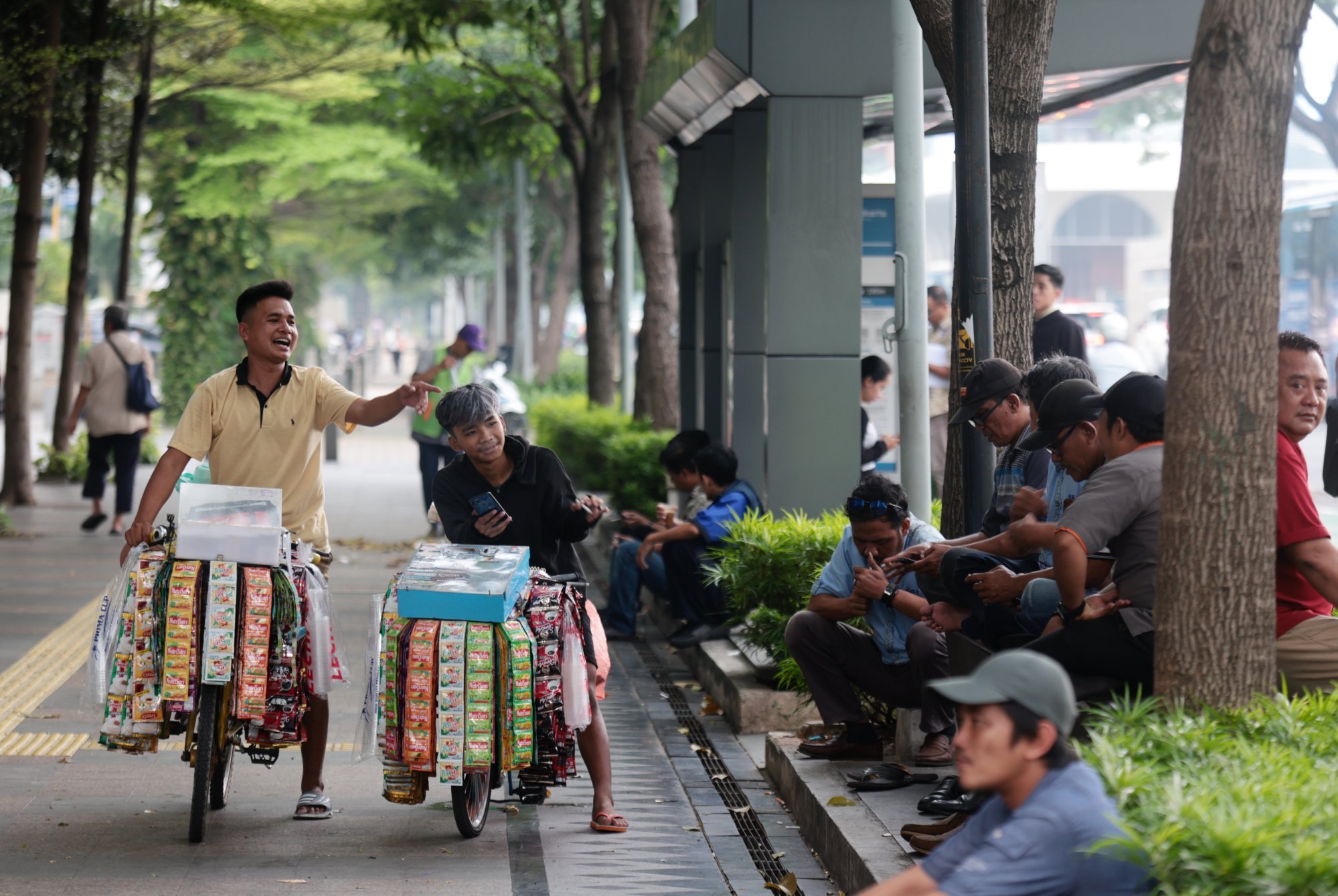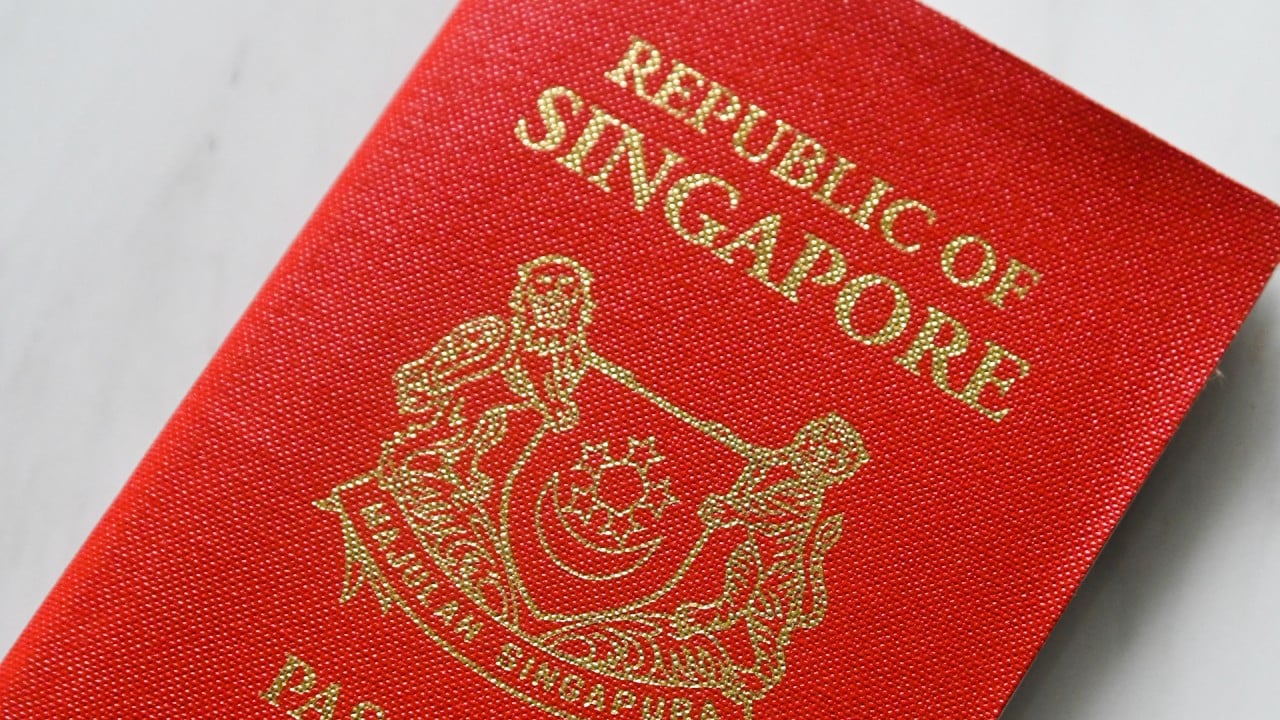Indonesia does not allow adults to hold dual nationalities, and children of mixed marriages must decide their nationality at the age of 21.

However, Luhut Pandjaitan, Indonesia’s coordinating minister for maritime affairs and investment, said the government was working on changes to that law.
“We are welcoming the Indonesian diaspora soon with the provision of dual citizenship. When they [diaspora] fulfil the requirements to obtain Indonesian citizenship, in my opinion, it will really help the Indonesian economy and also bring highly skilled Indonesians [diaspora] back to Indonesia,” Luhut said at an event attended by Microsoft CEO Satya Nadella in Jakarta on April 30.
However, he did not offer any particular timeline or further details about the potential change to the law, and nothing else has been announced since.
The statement by Luhut, also known as President Joko Widodo’s right-hand man, has sparked hope among diaspora members, particularly those who have campaigned for years for the country to “progress” towards adopting a dual-nationality principle.
Lawmakers have expressed mixed views towards the idea. Christina Aryani, a lawmaker from the Golkar party, supported the proposal, saying the implementation of dual citizenship could prevent brain drain among talented members of the diaspora who might otherwise become permanent residents of other countries.
“Although it still requires further study, the contributions of the diaspora with dual citizenship to economic growth, through investment and so on, are also likely to increase, as has happened in several countries that have implemented dual citizenship,” Christina said earlier this month.
She also noted that a revision of the 2006 Citizenship Law had been listed on the National Legislation Docket for the 2019-2024 period, but “it requires political will” for the draft revision to actually progress in parliament.
However, some also urged Jakarta to be cautious as other laws might need to be revised to accommodate the influx of diaspora.
“We have talked to our diaspora friends abroad, and we found that they were not only entrepreneurs. Some were poor and unemployed, so we have to think about that. If the diaspora can get dual citizenship, then all the diaspora members should be able to, not just those who have businesses,” said Tubagus Hasanuddin, a lawmaker from the ruling Indonesian Democratic Party of Struggle.
Meanwhile, Fadli Zon, a lawmaker from Gerindra, the party of president-elect Prabowo Subianto, criticised the idea of dual citizenship and said diaspora members should be given “special access” instead.
“We also need to compare with other countries, countries with large populations, such as India and China. They do not implement dual citizenship, but provide special access to the diaspora,” Fadli, who is also one of Prabowo’s advisers, said earlier this month.
Kevin O’Rourke, author of Indonesia-focused newsletter Reformasi Weekly, wrote in one of his bulletins that Fadli’s statement “very likely reflects the inclination of Prabowo and as such it probably dooms the prospects for [Luhut] to carry out his pledge to legalise dual citizenship”.

Partial nationality?
Hikmahanto Juwana, a professor of international law at the University of Indonesia, suggested the government could give the diaspora a “lifetime visa” in lieu of dual nationality.
“We need to consider all the problems that can arise from dual-national citizens. For example, in terms of taxation, would dual citizenship enable tax evasion? Dual-citizenship holders could also free themselves from being ensnared by law enforcement officials, for example in Indonesia, because they have another citizenship,” Hikmahanto said.
Enggi Holt, who lives in Britain, said Indonesia suffered from “leaks” every time children of mixed marriages renounced their Indonesian citizenship.
She urged the government to adopt a principle that “once you’re an Indonesian, you will remain Indonesian”, suggesting Jakarta embrace the concept of “lineage by blood” instead of the current place of birth rule. The change would also eliminate the need for children of mixed marriages to choose citizenship.
The 57 -year-old mother of three has lived in Bristol for 16 years, and all her adult sons have chosen British citizenship. According to Enggi, the British passport has enabled one of her sons to be a digital nomad who can live and work from anywhere.
“I am keeping my Indonesian passport forever, even if I need to get a visa if I want to go anywhere. The process of obtaining visas here could take weeks,” said Enggi, who is also a supervisory board member of the Jakarta-based Indonesian Mixed Marriage Society, or Perca.
“Giving up that Indonesian passport is still hard. It’s part of my identity. I think members of the diaspora have a long debate in their minds before they give up their citizenship. It’s not that easy.”
Enggi said dual citizenship would not be needed if the Indonesian government could boost the power of the country’s passport, which currently only allows visa-free access to 78 countries and is ranked 67th out of 199 countries in the latest Henley Passport Index.
“If our passport is strong, I don’t think dual nationality is important, except for children of mixed marriages, whose blood is already Indonesian, and their [understanding of the] Indonesian culture has always been very strong. There are many avenues that we really have to explore first, before entering into discussions of dual nationality,” Enggi said.
Rulita Anggraini, chairman of Perca’s board, said the government should also consider imposing restrictions on the diaspora, such as preventing them from becoming members of “the military, civil servants, presidential candidates, or chairmen of strategic state-owned enterprises”.
Rulita, who lives in Jakarta and is married to an American, said her two eldest children had opted for Indonesian passports, while her youngest would have until 2027 to choose between being a citizen of Indonesia or the United States.
“Every time [children] want to choose [between two nationalities], there is always inner conflict. When my children chose Indonesia, they said to their father, ‘I’m sorry, daddy, I’m forced to choose Indonesia.’ The discussion before was long, it can take up to one year, and it’s a difficult [one],” she said.


